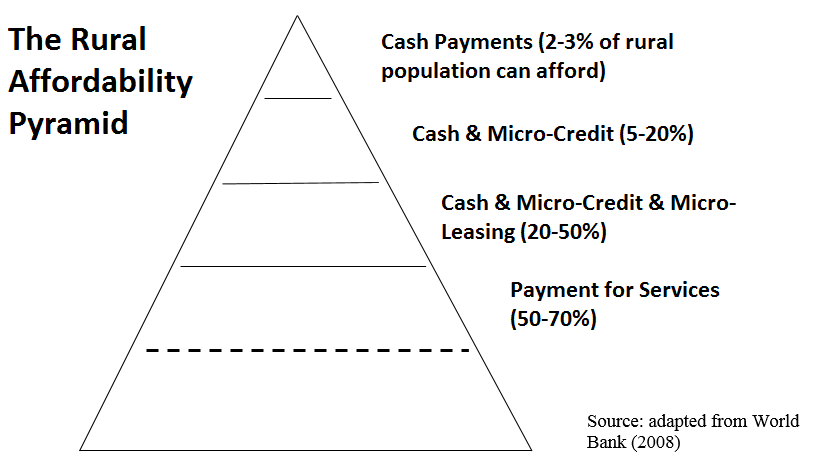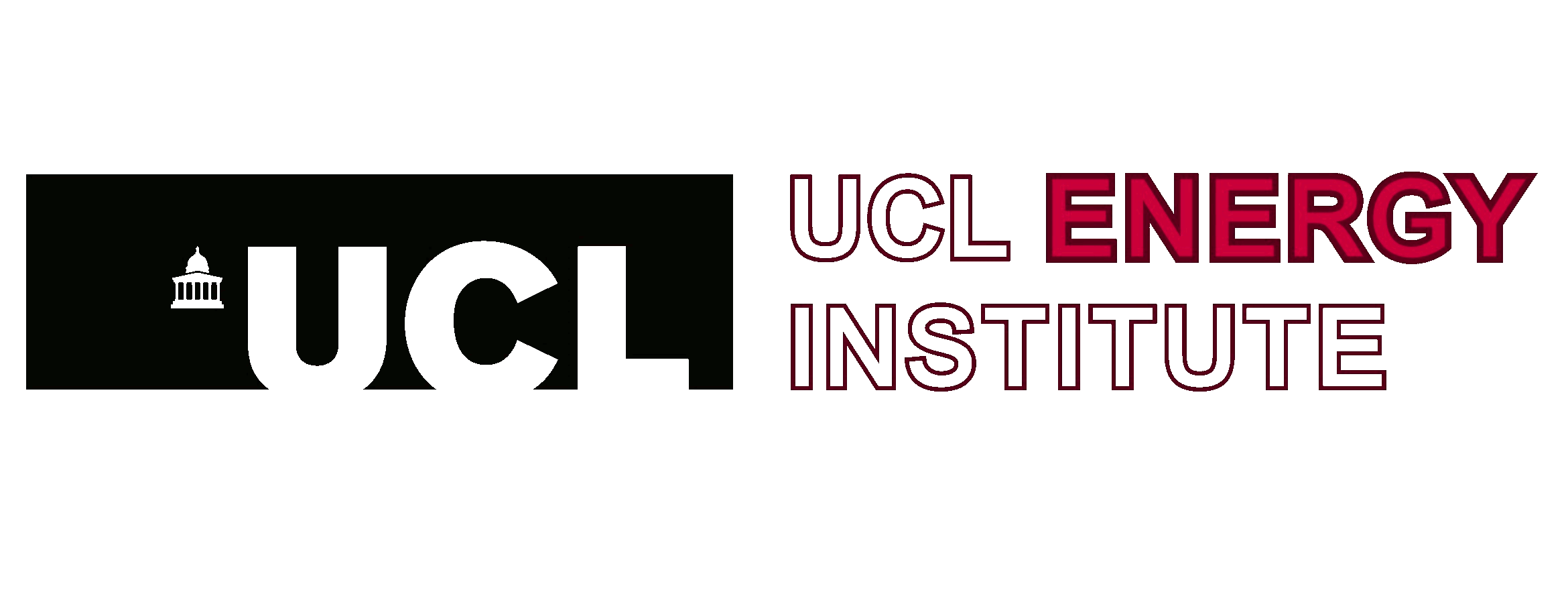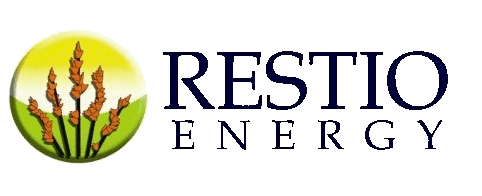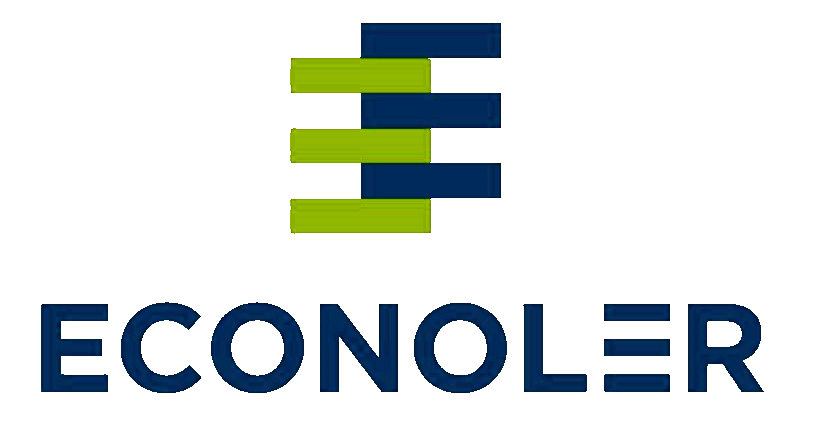“Sustainable Thermal Energy Service Partnerships” (STEPs) is an EPSRC/DFID/DECC-funded project (Grant No. EP/L002655/1), developing a sustainable pro-poor public private partnership model for delivering clean and safe thermal energy services in developing countries. The research proposed through the project will address the challenge of thermal energy service delivery in rural areas of developing countries. Through developing innovative business models and materials to support the development of entrepreneurship at a market and policy level, the project aims to enhance business development from a pro-poor perspective for renewable thermal energy services. This includes producing toolkit and course materials for both prospective entrepreneurs and governments, introducing clean thermal energy considerations to the public discourse.
The provision of clean, sustainable thermal energy services in rural areas of developing countries is an area so far neglected by the body of academic work. It is projected that more than 2.6 billion people will remain without such services by 2030. The research undertaken in this project includes studying the existing experience in providing thermal energy for cooking, space heating and sanitation using different approaches, particularly the “fee-for-service” business model. In this model, users pay for the energy services delivered to them, relying on service provision from a private provider for a small monthly fee. Users can benefit from energy services under this model without having to incur large up-front costs, which is of particular importance in rural areas of developing countries, where household income and access to credit is generally low.
This research will study applicable energy conversion and end-use application technologies, analyse institutional arrangements, develop business and enterprise models which needs to be implemented to promote thermal energy services in rural areas developing countries. The research will analyse the respective role of government and private partners to form Public-Private-Partnership (PPP) models for energy services like thermal energy in rural areas, and will study innovative financing models that are relevant to the thermal energy issue.
The project continues to consult and liaise with small rural clean energy enterprises in Sub-Saharan African, most notably the Eastern Cape and Kwazulu Natal of South Africa. Through close partnering with existing energy enterprises, invaluable insights into success and failure modes of energy business can be obtained, which continue to inform future research and outcomes.
The outcomes of the project will have direct positive impacts on the livelihoods of people in rural places in the targeted global regions of Sub-Saharan Africa and South Asia, but the final aim of the project is much broader. Ultimately, the project aims to provide a fundamentally better way of looking at rural energy service provision, and it is hoped this change will come from the demonstration effect of these projects – and replication facilitated by the strong connections of the project leaders with decision-makers in the international arena of the (clean) energy sector. There is currently a demand for public private partnerships that deliver large-scale dissemination of small renewable energy technologies – the research under the STEPs project aims to support and develop solutions to this demand.
Banner images source: Binu Parthan, SEA
Box images: Binu Parthan, SEA; “Solar Oven” / Ikiwaner / CC BY 3.0; energy.gov.lk “solarheater2”; “Chulla cookstove tamil nadu india” / mckaysavage / CC BY 2.0










